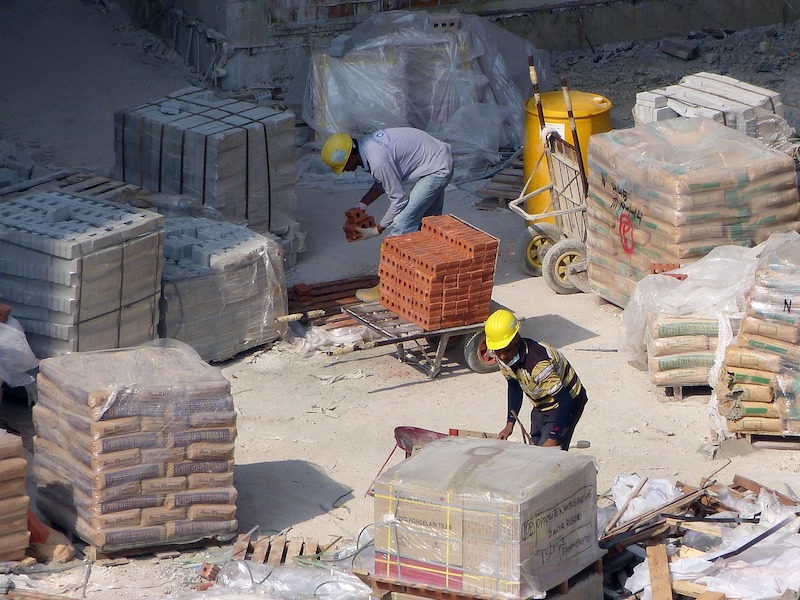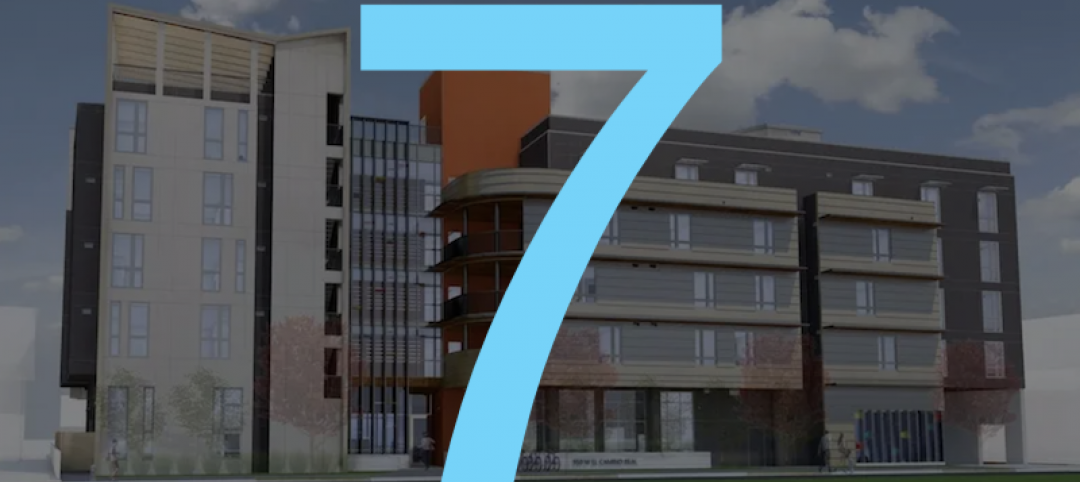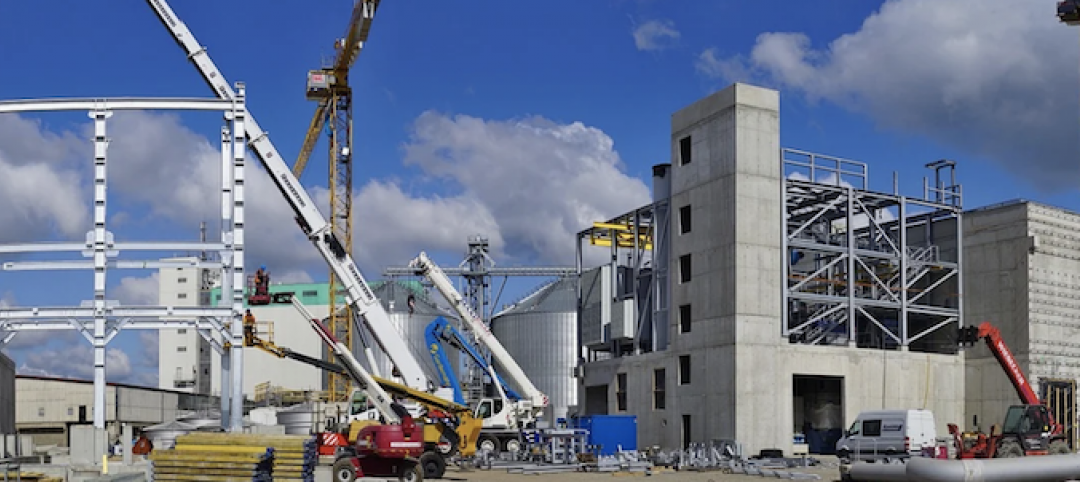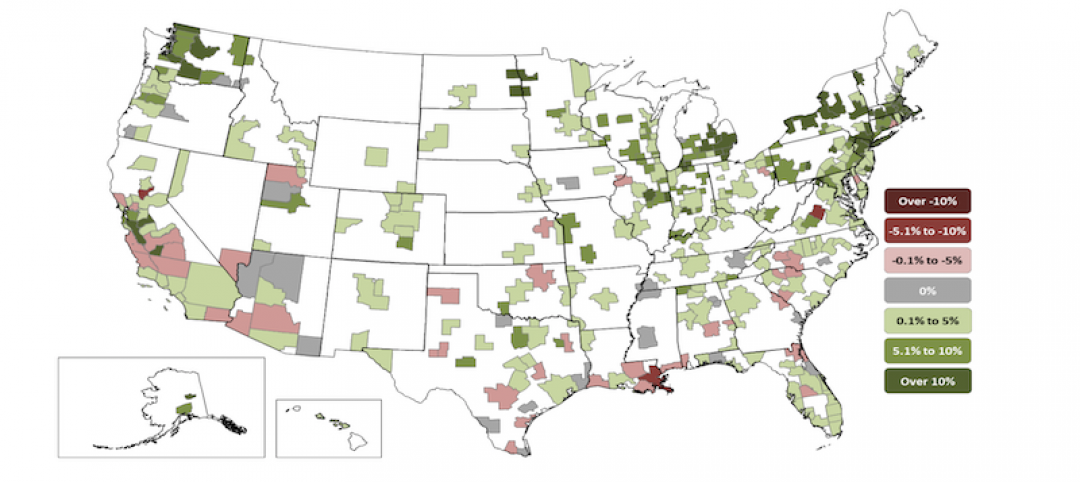Construction employment increased by 20,000 jobs in July but the gains were limited to housing, while employment related to infrastructure and nonresidential building construction slipped by 4,000, according to an analysis by the Associated General Contractors of America of government data released today. Association officials cautioned that non-housing construction job losses will continue unless the federal government provides infrastructure funding for state and local budgets, enacts liability reforms and other relief measures.
“It is gratifying that the construction industry continued to add jobs in July, but last month’s gains were entirely in residential building and specialty trades,” said Ken Simonson, the association’s chief economist. “It is likely that many nonresidential jobs are in jeopardy following the completion of emergency projects and ones begun before the pandemic. Projects that had been scheduled to start this summer or later are being canceled by both public agencies and private owners, while few new facilities are breaking ground.”
The employment pickup in July follow gains of 163,000 jobs in June and 456,000 in May, the economist noted. Nevertheless, construction employment in July remained 444,000 jobs or 5.6% below the recent peak in February.
Residential building and specialty trade construction firms—firms that concentrate on residential new construction, additions and renovations—accounted for 24,000 additional jobs in July. In contrast, employment among nonresidential segments declined by 4,000 jobs.
Compared to the most recent peak in February, employment in the heavy and civil engineering construction segment of the industry, representing firms that work mainly on highways and other infrastructure—was 7.4% below the February total. Employment at nonresidential building and specialty trade construction firms was 6.8% less than in February. Employment at residential building and specialty trade construction firms combined slipped by a more modest 4.1%.
The industry’s unemployment rate in July was 8.9%, with 870,000 former construction workers idled. These figures were more than double the July 2019 figures and were the highest July totals since 2013 and 2012, respectively.
Association officials said the best way to avoid the expected future construction job losses is for federal officials to quickly enact and implement funding for infrastructure, pass needed liability reforms and other pro-growth recovery measures. They said that investing in infrastructure will add to employment in many manufacturing, trucking and other sectors and will create assets that improve productivity, safety and well-being for all.
“It is vital for officials of both parties, both sides of Capitol Hill, and the Administration to come to agreement promptly on meaningful increases in infrastructure funding and other recovery measures,” said Stephen E. Sandherr, the association’s chief executive officer. “Without quick action, the nonresidential job losses that began in July will be quickly worsen and the nation will lose a golden opportunity to start on improving infrastructure at a time of high labor availability and low materials and borrowing costs.”
Related Stories
Market Data | Aug 5, 2020
6 must reads for the AEC industry today: August 5, 2020
San Jose's new tallest tower and Virginia is the first state to adopt COVID-19 worker safety rules.
Market Data | Aug 4, 2020
7 must reads for the AEC industry today: August 4, 2020
Construction spending decreases for fourth consecutive month and 100% affordable housing development breaks ground in Mountain View.
Market Data | Aug 3, 2020
Construction spending decreases for fourth consecutive month in June
Association officials warn further contraction is likely unless federal government enacts prompt, major investment in infrastructure as state and local governments face deficits.
Market Data | Aug 3, 2020
6 must reads for the AEC industry today: August 3, 2020
The future is a number game for retail and restaurants and 5 reasons universities are renovating student housing.
Market Data | Jul 31, 2020
5 must reads for the AEC industry today: July 31, 2020
Vegas's newest resort and casino is packed with contactless technology and Mariott, Hilton, and IHG dominate the U.S. hotel construction pipeline.
Market Data | Jul 30, 2020
Marriott, Hilton, and IHG continue to dominate the U.S. hotel construction pipeline at Q2’20 close
Hilton’s Home2 Suites and IHG’s Holiday Inn Express continue to be the most prominent brands in the U.S. pipeline.
Market Data | Jul 30, 2020
7 must reads for the AEC industry today: July 30, 2020
Millennium Tower finally has a fix and construction costs decrease for the first time in 10 years.
Market Data | Jul 29, 2020
62% of metros shed construction jobs from June 2019 to June 2020 as Association calls for new infrastructure funding, other relief steps
New York City and Brockton-Bridgewater-Easton, Mass. have worst 12-month losses, while Austin and Walla Walla, Wash. top job gainers.
Market Data | Jul 29, 2020
6 must reads for the AEC industry today: July 29, 2020
The world's first net-zero airport and California utility adopts climate emergency declaration.
Market Data | Jul 28, 2020
For the fourth consecutive quarter, Los Angeles leads the U.S. hotel construction pipeline at the close of Q2’ 20
New York City continues to have the greatest number of projects under construction, with 106 projects/18,354 rooms.

















